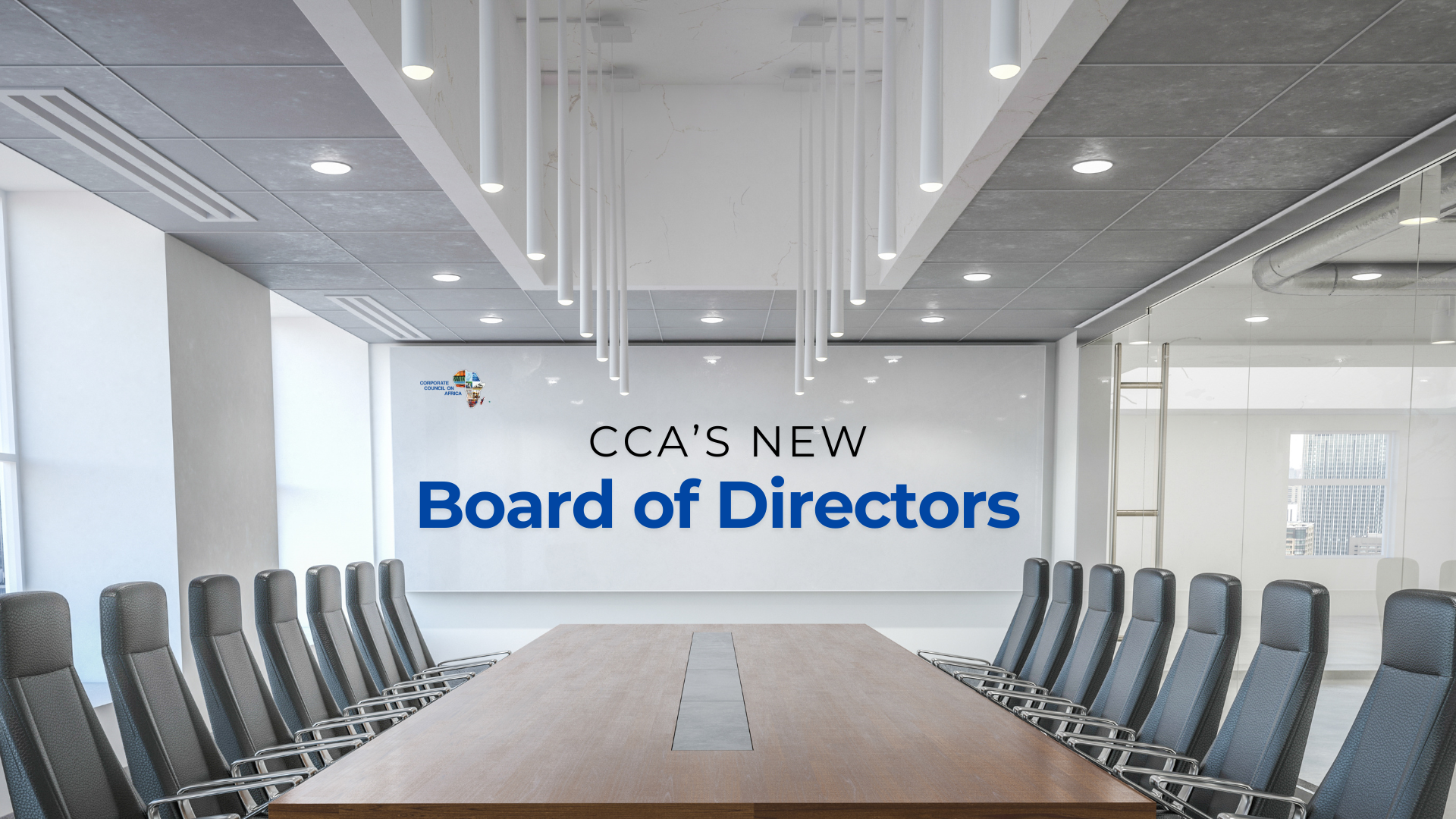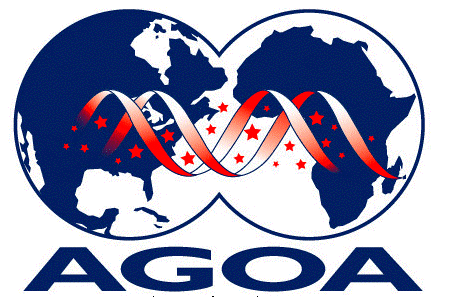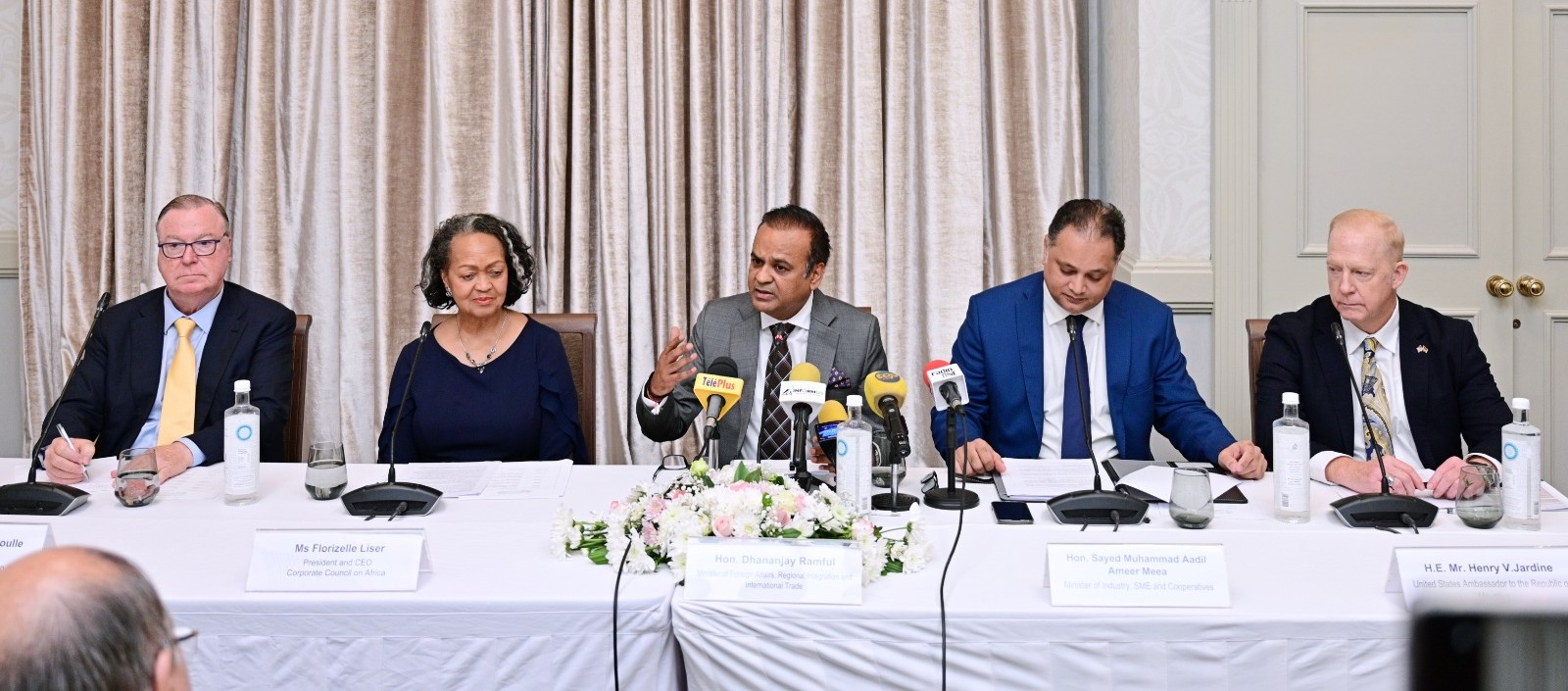Africa’s 2020 Economic Outlook
Caption 1:From L to R: Tom Trimble, Winston & Strawn LLP, Albert Zeufack, World Bank, Florizelle Liser, CCACaption 2:A cross section of delegates at the working group meetingOn January 22, 2020, Corporate Council on Africa hosted a meeting on Africa’s 2020 Economic Outlook. Welcome remarks were given by Thomas B. Trimble, a Partner at Winston & Strawn LLP and Florizelle Liser, President and CEO of Corporate Council on Africa. Dr. Albert G. Zeufack, Chief Economist, Africa Region at the World Bank Group, gave the main presentation.Dr. Zeufack kicked off his presentation by recognizing the importance of private sector investment for the creation of jobs in Africa. He then outlined how 60% of Africa’s GDP comes from its three largest economies, Nigeria, Angola, and South Africa. Each of these economies are commodity-dependent and have experienced sluggish economic growth since 2016. However, despite weaker economic performance than anticipated in Africa’s largest economies, when you remove these three economies the remaining countries in Africa, according to Zeufack, have growth by over 4%. Overall, Dr. Zeufack projected GDP growth in Africa to pick up to 3.1% in 2020 and 3.2% in 2021. He forecasted that Africa will remain the home of four of the fastest growing economies in the world in 2020, Ethiopia, Rwanda, Cote D’Ivoire, and Guinea.Dr. Zeufack underlined four challenges to Africa’s economic outlook in 2020. First, Sub-Saharan Africa is facing a minimally supportive external environment with heightened global uncertainty and a decline of metal and energy prices. Weakening exports and climate change are negatively affecting Africa’s production, predominantly in the agriculture sector, and the weakness of institutional frameworks coupled with a lack of reform is further inhibiting Africa’s economic growth.Despite these challenges, Zeufack remained optimistic about Africa’s economic outlook. He highlighted that Africa does, and will continue to have, an improved business climate, with the top 10 reformers in the region beingTogo, Senegal, Niger, Zimbabwe, Nigeria, Gambia, Côte d'Ivoire, Kenya, Mauritania, and Uganda. The top 10 African doing business environments are in Mauritius, Rwanda, Kenya, South Africa, Zambia, Botswana, Togo, Seychelles, Namibia, Malawi.In ending the meeting, Dr. Zeufack denounced the premature de-industrialization of Africa considering it false given the region’s increase in export manufacturing. He considered the digital transformation of economic sectors to be beneficial in aiding job creation in Africa. He lastly advised the U.S. private sector to think and source regionally when looking at African markets. The upcoming African Continental Free Trade Agreement (AfCFTA) should strengthen regionally integrated value chains and help create more jobs on the continent.



